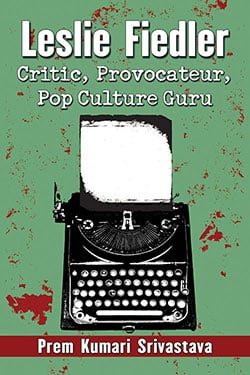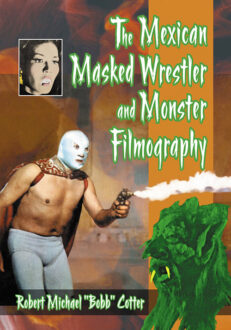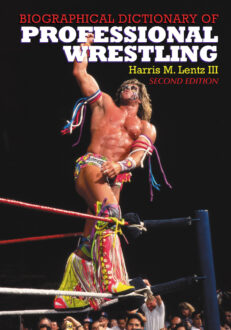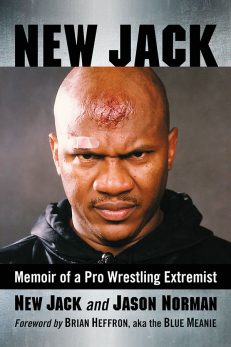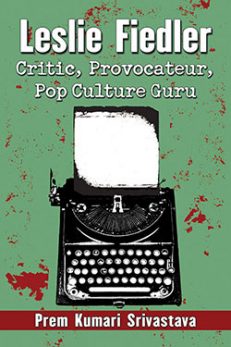Leslie Fiedler
Critic, Provocateur, Pop Culture Guru
Original price was: $39.95.$31.99Current price is: $31.99.
In stock
About the Book
The controversial Leslie Fiedler (1917–2003) was one of the first critics of popular culture as well as an early proponent of queer theory. This book traces the evolution of this larger-than-life figure through an extensive examination of his works. Beginning with his homoerotic reading of the relationship between Jim and Huck Finn in the Mark Twain novel, this book covers how his many contributions have been provocative, outrageous, novel, and enduring.
About the Author(s)
Bibliographic Details
Prem Kumari Srivastava
Format: softcover (6 x 9)
Pages: 256
Bibliographic Info: notes, bibliography, index
Copyright Date: 2014
pISBN: 978-0-7864-6351-0
eISBN: 978-1-4766-0590-6
Imprint: McFarland
Table of Contents
Acknowledgments ix
Chronology xi
List of Abbreviations xiv
Preface 1
Introduction 9
1. Fiedler’s Credo: Literary and Critical; Socio-political and Pedagogical 29
2. Comradeship, Male Bonding or…?: Re-readings and Re-evaluations 68
3. Integration of the “Other”: Indians, Jews, Blacks, Freaks and… 94
4. Toward Popular Culture: Establishment of a Pop Guru 137
5. Perspectives of the “Other”: Postcolonial and Feminist Readings 171
Conclusion: Come Back to the Raft Ag’in, Fiedler Honey! 195
Chapter Notes 213
Bibliography 219
Index 237
Book Reviews & Awards
- “Srivastava offers an engaging assessment of Leslie Fiedler, who was heard by all with rapt attention–admired by some for opening new doors and reviled by others for his candor and for his bearhug embrace of culture, both high and low.”—Amritjit Singh, Langston Hughes Professor of English, Ohio University
- “The ideal scholar of Leslie Fiedler, who reveled in explicating otherness, would be another erudite outsider. Offering a personal assessment of Fiedler’s enduring contributions, Prem Kumari Srivastava of the University of Delhi is that scholar.”—Steven G. Kellman, University of Texas at San Antonio, Co-editor Leslie Fiedler and American Culture
- “Leslie Fiedler heralded a revolution in literary criticism during the last half of the twentieth century. Srivastava shows us why his work continues to fire the critical imagination.”—Ronald Strickland, Michigan Technological University


